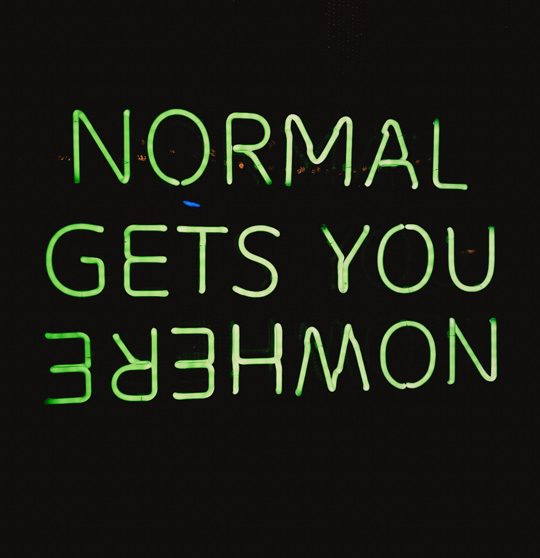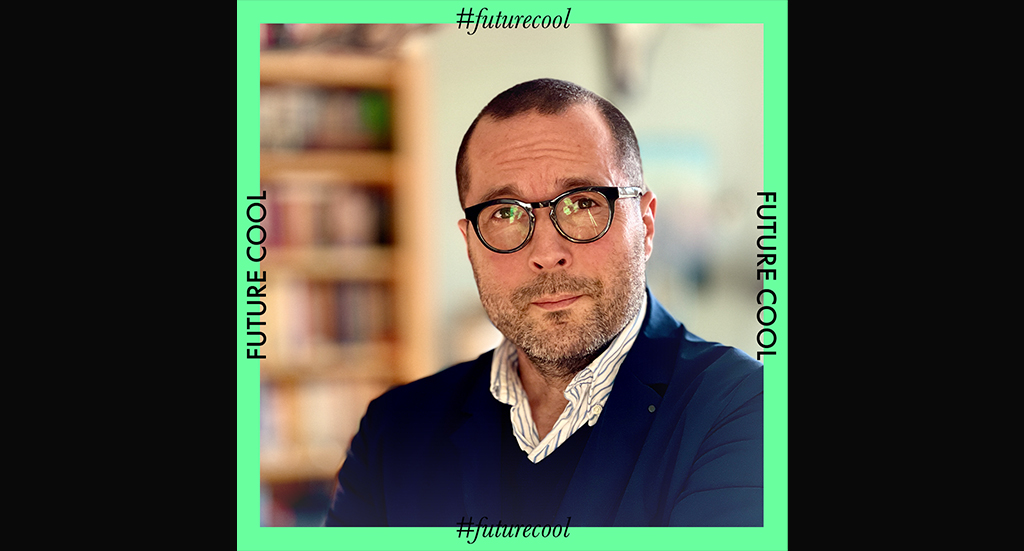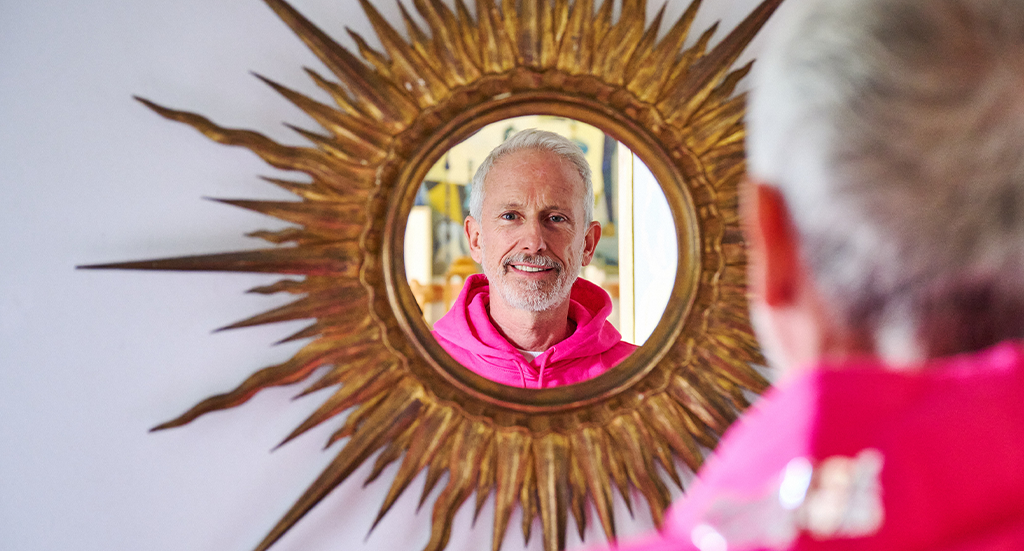Future Cool
Let’s get rid of our yesterdays normal
Let’s get rid of our yesterdays normal


“Normal” has become a word with strange connotations these days. People like to talk about the “new normal” and part of this new normality has made me think.
In my last FUTURE COOL column I wrote about empathy. I shouldn’t have done it! Since then, in almost every other communication with people of all kinds (business partners, doctors, salespeople, etc.) I have noticed how little empathy is shown towards one. You make an appointment but you feel as if you are just a task to be dealt with – even if you approach people with empathy yourself.
I prefer a cordial exchange with my fellow human beings and I like to suggest that this should actually become the “new normal”. Also with products, by the way.
I recently asked myself, which of the things I own really mean something to me. What remained were all products that are either associated with high emotional memories or products that are very perfect in terms of craftsmanship. In any case, these are things where another person has obviously thought of something – even if he or she may not have thought of me directly.
An extreme example: my washing machine of a German quality brand. To my wife and me, even to my son, it is like a member of the family. And it has been for many years. This is also the case, for example, with my desk chair. But after 25 years, the upholstery fabric was a bit worn out, which was refurbished by a craftsman yesterday and is now ready for the next 25 years. While the chair was lovingly and painstakingly restored again, it made me wonder whether such experiences will actually become more or less in the future.

Digitalisation is often associated with a dehumanisation of our world because we see digitalisation as an exponential of industrialisation. We think: what began in the industrial world will continue in the digital world, only considerably amplified. But that is precisely where the error in thinking lies. Far too rarely do we consider whether it could work the other way round. We should give products more empathy, more personality and individuality, precisely because we enrich them with digital possibilities.
You are experiencing the best example right now: take a look at The Educated Cool. Here, the editors present products that are very personal, where people have thought of something. The best thing about it: more and more such entrepreneurs and manufactures are appearing on the scene because the digitalisation often makes individual and authentic entrepreneurship possible in the first place. It enables artisanal structures to sell better through digital platforms. Thanks to digital support, new production possibilities and conditions are again efficient enough even in smaller units to appeal to ever broader groups of buyers.

Hence the thesis: what we know from industrial production will increasingly diminish or even disappear, because it may be functional but rarely establishes medium- or long-term ties with people. We will get more individual, local and deliberately thought-out products again. This is certainly technologically possible (many examples can be found in past FutureCool columns).
So, in the industrial age everything may have been functional and normal in its own system, but not normal for us as humans. It was only an approximation. As, incidentally, is the way we treat people that has crept into our society in the industrial age. Personality doesn’t count for much and the same old conditioned learning knowledge is the focus. Practical for industrialisation, but normal for us humans?
If we want to shape the future, we should think about what is really normal for us. And what we want to understand as normal. We should handle this seemingly simple term carefully and think about it – with empathy and goodwill towards ourselves and others – people, as well as products, our environment. We have yet to define the “new normal”. And it cannot be yesterdays normal. If it were, we would not take advantage of the many new opportunities.
Take another look around here on The Educated Cool, then you’ll get an idea of the direction it can take. So, if we refer to it, we should finally be able to live and work normally and happily again in the future, shouldn’t we?






Join our Community